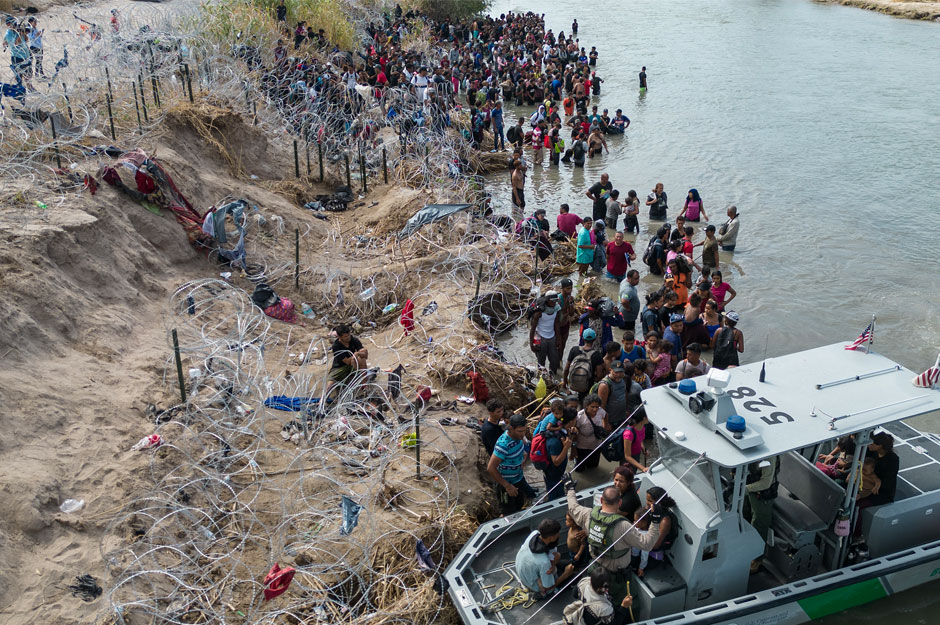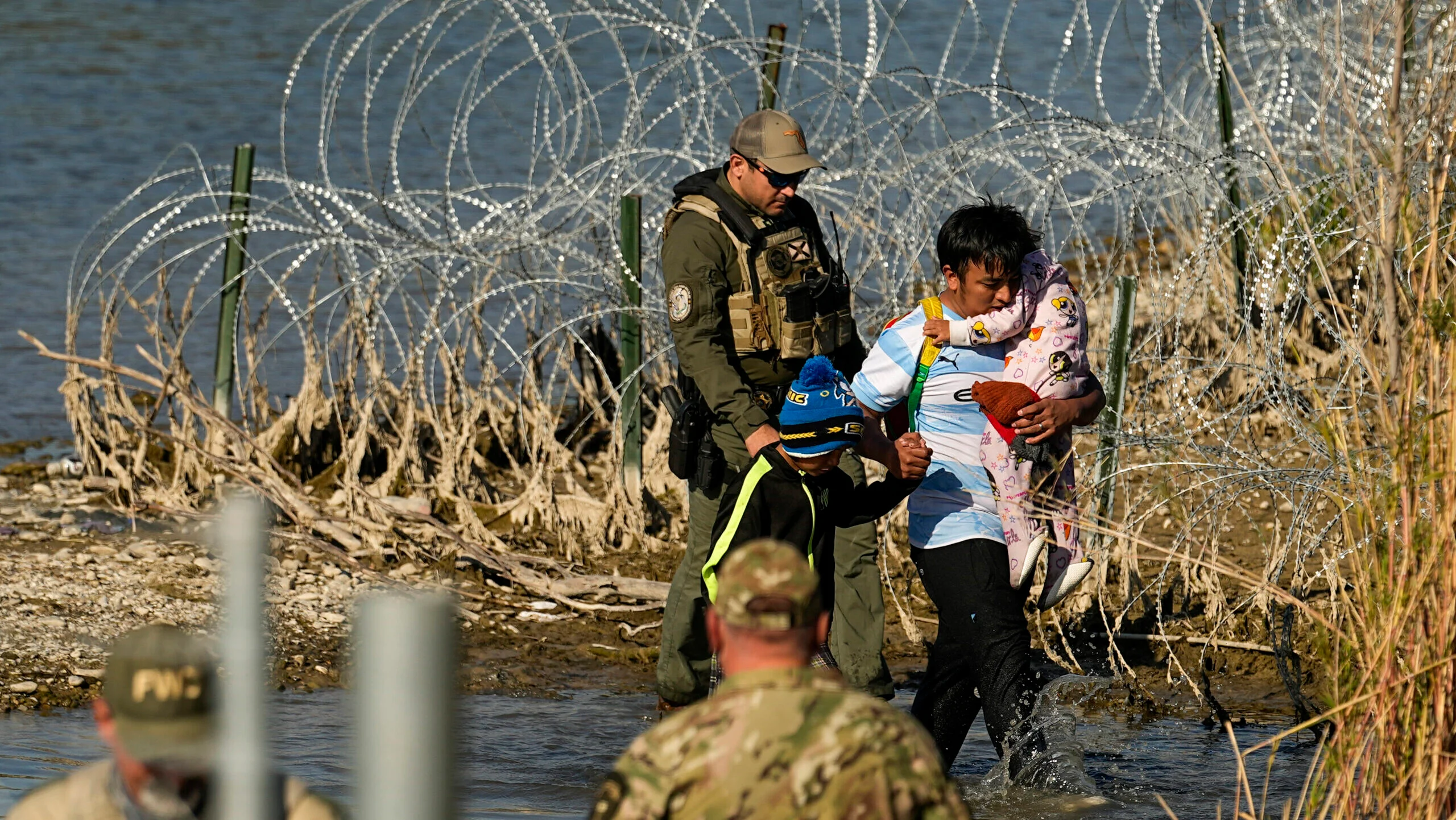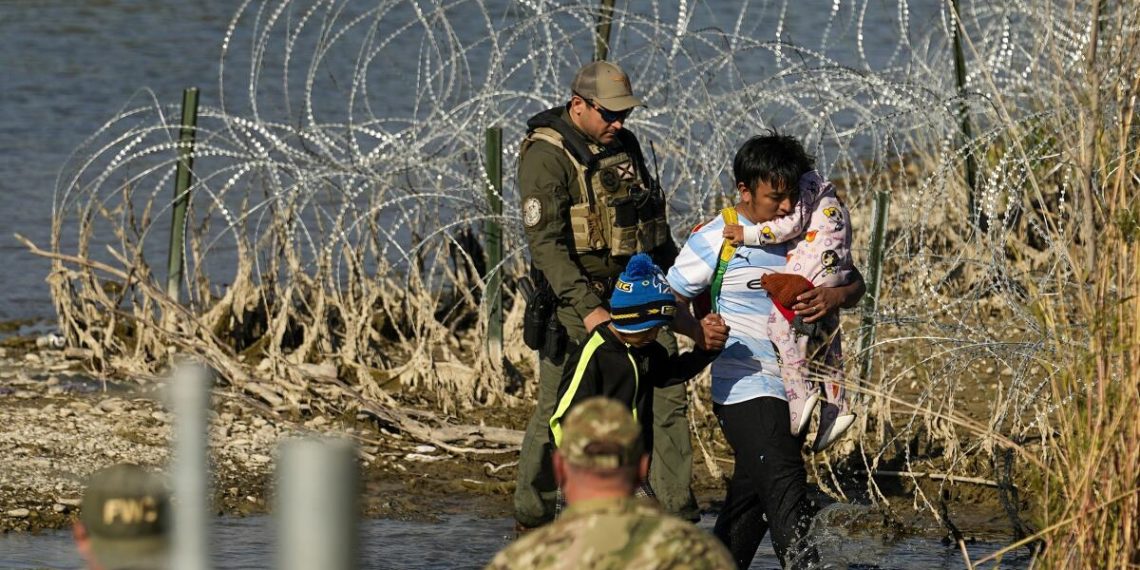A Texas law allowing state law enforcement to arrest individuals suspected of illegal border crossings faced further legal setbacks as an appeals court blocked its enforcement, contradicting a prior Supreme Court decision.
The 5th U.S. Circuit Court of Appeals issued a late-night ruling suspending the law’s enforcement pending oral arguments, adding to the ongoing legal uncertainty surrounding the measure.
Signed by Governor Greg Abbott in December, the law known as SB 4 empowered state law enforcement to detain those suspected of unlawful entry into the U.S., a move criticized by the Biden administration for obstructing federal immigration enforcement efforts.

The law’s proponents, including Abbott, cited concerns over the federal government’s perceived failure to address illegal immigration adequately.
President Biden‘s administration had filed a lawsuit seeking to halt the law, arguing it violated federal immigration regulation and constitutional principles established by the Supreme Court.
Despite earlier attempts to block the law, including a district court injunction, legal challenges persisted, reflecting deep partisan divides over immigration policy.
While the Supreme Court initially allowed the law to proceed, the 5th Circuit’s latest ruling reinstated a halt to its enforcement, pending further legal deliberations.
This legal back-and-forth underscores the complex legal landscape surrounding immigration policy, particularly in states where local initiatives conflict with federal priorities.

The Texas law, which makes illegal entry a state crime with penalties ranging from jail time to lengthy prison sentences, has been a focal point of debate between Republicans and Democrats, reflecting broader political tensions over immigration policy.
With legal proceedings ongoing, the fate of the law and its implications for immigration enforcement remains uncertain.
As legal battles continue, the Texas law’s fate hangs in the balance, highlighting the complexities of border security and immigration regulation in the United States.


















